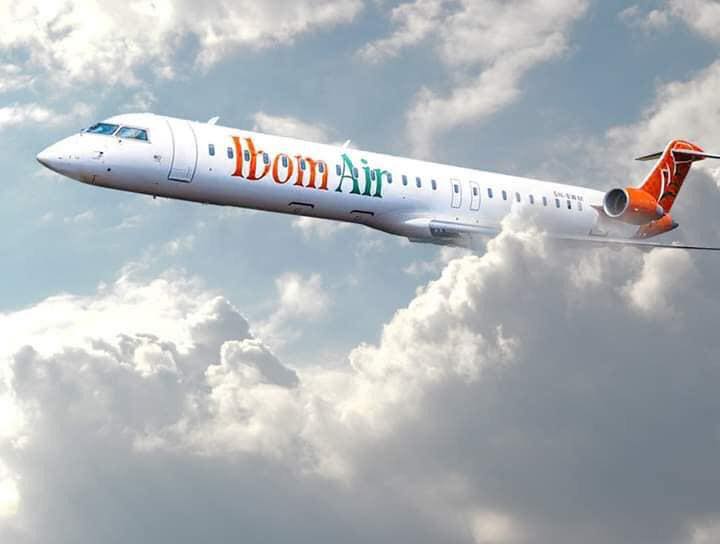CliqJets Consulting
Fostering Growth, Innovation, and Sustainability in Airline Operations
Wet Leasing Medium-Category Aircraft in Nigeria Amidst Forex Scarcity: Ibom Air in Perspective
As Nigeria grapples with the challenges of forex scarcity, its aviation sector faces a critical juncture. Recently one of the major domestic operators in the country Ibom Air announced an end to wet leasing of aircraft to sustain its operations. Among the pressing issues is the profitability of wet leasing medium-category aircraft such as the A320s and B737-500 for commercial operations by Nigerian airlines. This article delves into the complexities of this equation, shedding light on why this practice might not be financially viable, especially in the current economic climate.

Forex Scarcity and Its Impact on Aviation
Forex scarcity in Nigeria has been a persistent challenge, adversely affecting various sectors of the economy, including aviation. The inability to access foreign exchange at favorable rates hampers airlines’ ability to conduct essential transactions, including aircraft leasing, repatriation of earned forex, and maintenance, which are predominantly denominated in foreign currencies.
Forex Scarcity and The Allure of Wet Leasing
Wet leasing, the practice of leasing an aircraft along with its crew, maintenance, and insurance, presents itself as an attractive option for airlines seeking to expand their fleet without the long-term commitment and capital expenditure associated with purchasing aircraft outright. For Nigerian carriers, this option appears particularly enticing, offering the flexibility to meet fluctuating demand without incurring substantial upfront costs.
The Predicament of Medium-Category Aircraft
Medium-category aircraft like the A320s and B737-500 are workhorses of the aviation industry, prized for their versatility and efficiency. However, their wet leasing comes with its own set of challenges, exacerbated by Nigeria’s forex scarcity. The leasing agreements often involve payments in foreign currency, subjecting airlines to the vagaries of exchange rate fluctuations.
Forex Volatility and Financial Risk
In an environment of forex scarcity, Nigerian airlines face heightened financial risk when entering into wet leasing arrangements for medium-category aircraft. Fluctuations in exchange rates can significantly inflate leasing costs, eroding profit margins and exposing airlines to potential losses. Moreover, the uncertainty surrounding future forex availability adds another layer of complexity, making it difficult for carriers to forecast and manage their financial obligations effectively.
Operational Constraints and Regulatory Hurdles
Beyond financial considerations, wet leasing medium-category aircraft in Nigeria entails operational constraints and regulatory hurdles. Maintenance, repair, and overhaul (MRO) facilities for these aircraft may be limited, leading to increased downtime and maintenance costs. Additionally, regulatory requirements governing wet leasing agreements can be stringent, adding administrative burdens and compliance costs for airlines.
Forex Scarcity: Exploring Alternatives and Mitigation Strategies
In light of these challenges, Nigerian airlines must explore alternatives and mitigation strategies to navigate the forex scarcity landscape effectively. This may involve renegotiating leasing terms to include provisions for currency hedging or exploring partnerships with international lessors and MRO providers to mitigate operational risks. Additionally, investing in the development of local MRO capabilities for medium-category aircraft could enhance cost-effectiveness and resilience in the long term.
Conclusion
The wet leasing of medium-category aircraft like the A320s and B737-500 for commercial operations by Nigerian airlines is fraught with challenges, particularly amidst forex scarcity. The volatility of exchange rates, coupled with operational constraints and regulatory hurdles, undermines the profitability of this practice. As Nigeria seeks to revitalize its aviation sector, stakeholders must collaborate to develop sustainable solutions that promote resilience and profitability in the face of evolving economic realities.







0 Comments